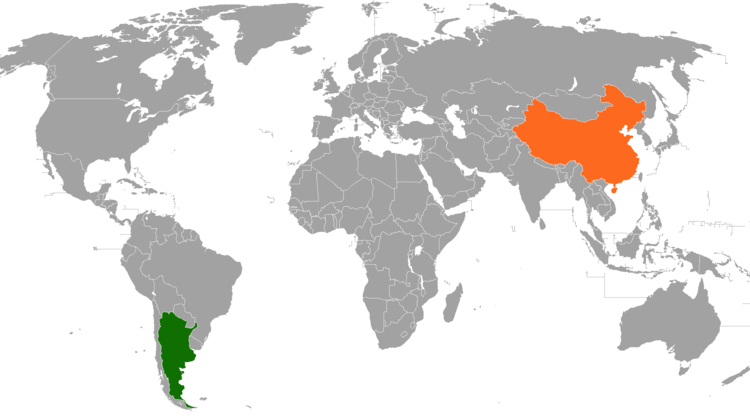Structurally higher oil tanker freight rates contribute to widening spread
- Goldman Sachs analysts predict that the discount between West Texas Intermediate (WTI) and Brent crude will widen due to higher oil tanker freight rates
- The Brent-WTI differentials are expected to average $5.30/bbl this year and in 2025
- Locational factors, such as militant attacks on ships at the Bab-El-Mandeb Strait, contribute to the widening spread
- Goldman Sachs also forecasts that West Canadian Select crude’s discount to WTI will widen to $16/bbl
- Pipeline constraints in Canada could increase the cost of moving WCS to markets
According to Goldman Sachs analysts, the discount between West Texas Intermediate (WTI) and Brent crude is expected to widen in the next two years. This is due to structurally higher oil tanker freight rates. The analysts predict that the Brent-WTI differentials will average $5.30/bbl this year and in 2025, up from the previous range of $4.50 to $4.60/bbl. The widening spread is influenced by locational factors, including militant attacks on ships at the Bab-El-Mandeb Strait, an oil supply chokepoint in the Red Sea. These disruptions reinforce a structural bull market in oil tankers as vessels undertake longer journeys around the Cape of Good Hope, increasing vessel demand and widening regional spreads. Additionally, Goldman Sachs expects West Canadian Select crude’s discount to WTI to widen to $16/bbl, citing the possibility of renewed pipeline constraints in Canada. This could increase the cost of moving WCS to markets. Overall, the forecasted widening of the WTI-Brent discount highlights the impact of transportation costs on oil prices.
Public Companies: Goldman Sachs (GS), Enbridge (ENB)
Private Companies:
Key People: Frank Tang (Reporter), Jeff Barber (Editor)
Factuality Level: 7
Justification: The article provides information from Goldman Sachs analysts about the expected widening of the Brent-WTI differentials due to higher oil tanker freight rates. It also mentions locational factors such as militant attacks on ships at the Bab-El-Mandeb Strait as a reason for the widening spread. The article includes quotes from Goldman Sachs’ report and a statement from a senior official with Enbridge. Overall, the article presents information from credible sources and does not contain obvious bias or inaccuracies.
Noise Level: 7
Justification: The article provides some analysis of the factors that will widen the Brent-WTI differentials, such as higher oil tanker freight rates and locational factors. However, it lacks scientific rigor and intellectual honesty as it does not provide evidence or data to support its claims. It also does not offer any actionable insights or solutions for the reader. Additionally, the article goes off-topic by mentioning pipeline constraints in Canada and the Trans Mountain Pipeline, which are unrelated to the main topic of Brent-WTI differentials.
Financial Relevance: Yes
Financial Markets Impacted: The article provides information on the widening discount between West Texas Intermediate (WTI) and Brent crude, which could impact oil markets and companies involved in the oil industry.
Presence of Extreme Event: No
Nature of Extreme Event: No
Impact Rating of the Extreme Event: No
Justification: The article focuses on the expected widening of the Brent-WTI differentials and the discount of West Canadian Select crude to WTI. While it discusses factors such as oil tanker freight rates and locational disruptions, there is no mention of any extreme events or their impact.
 www.marketwatch.com
www.marketwatch.com 





